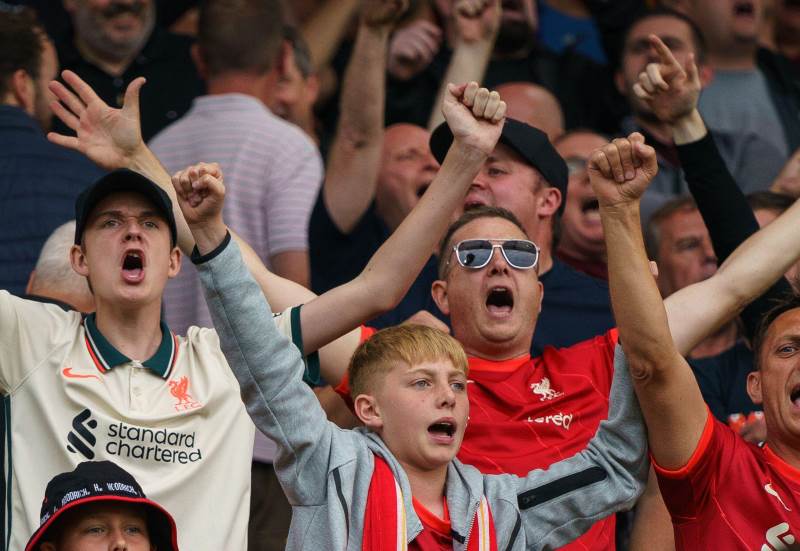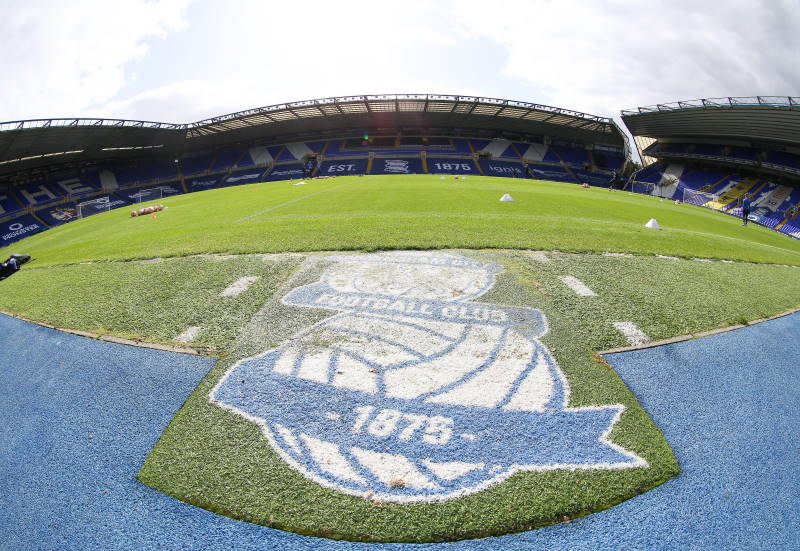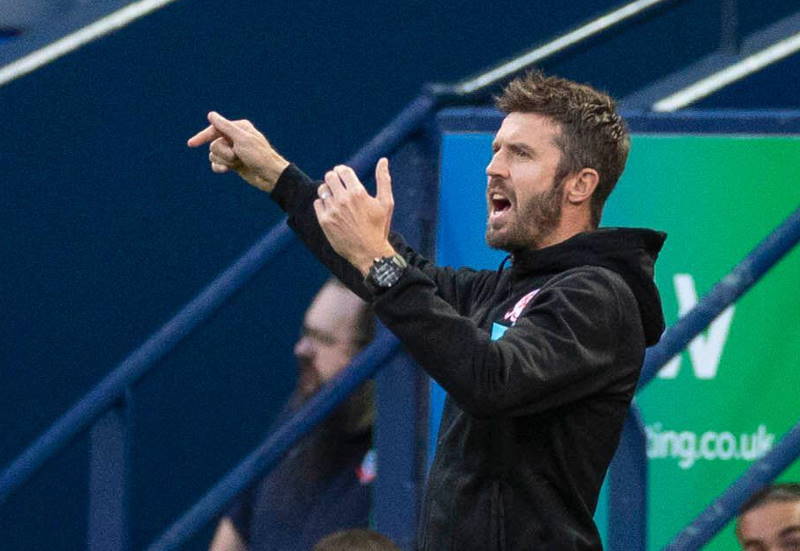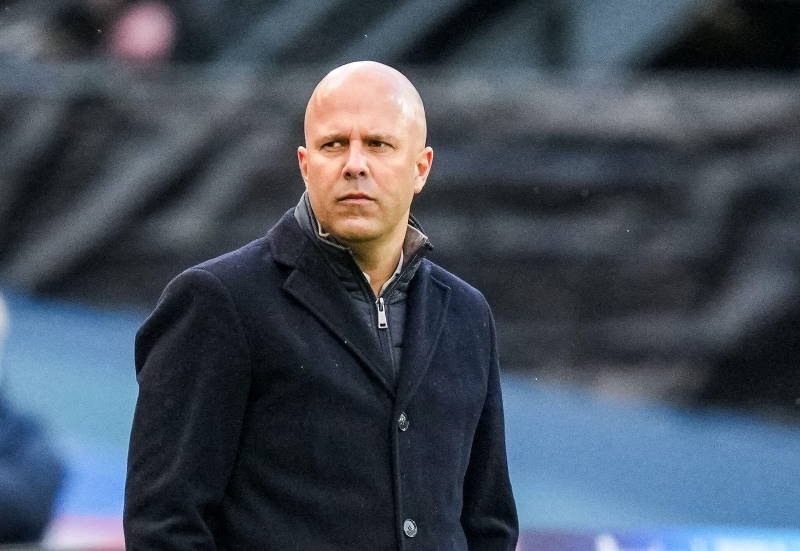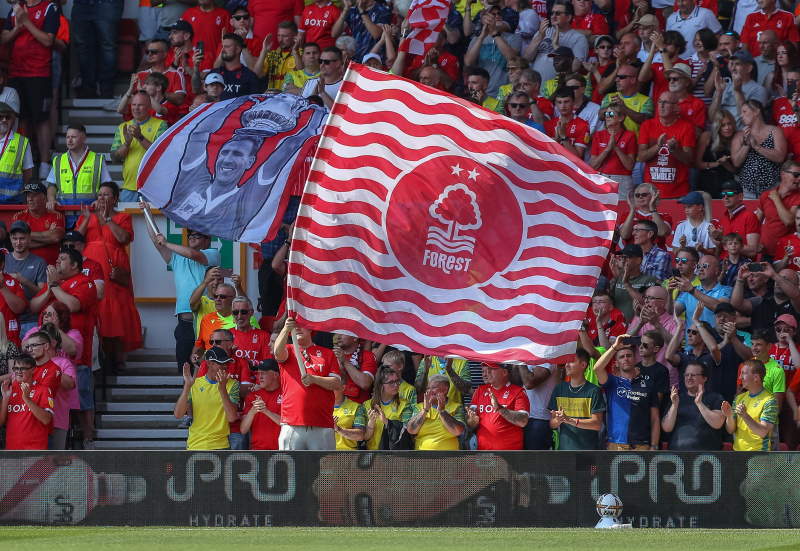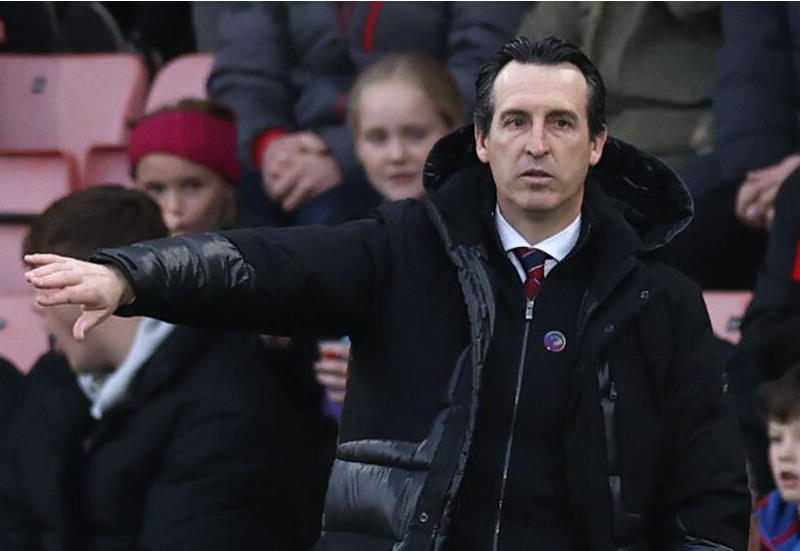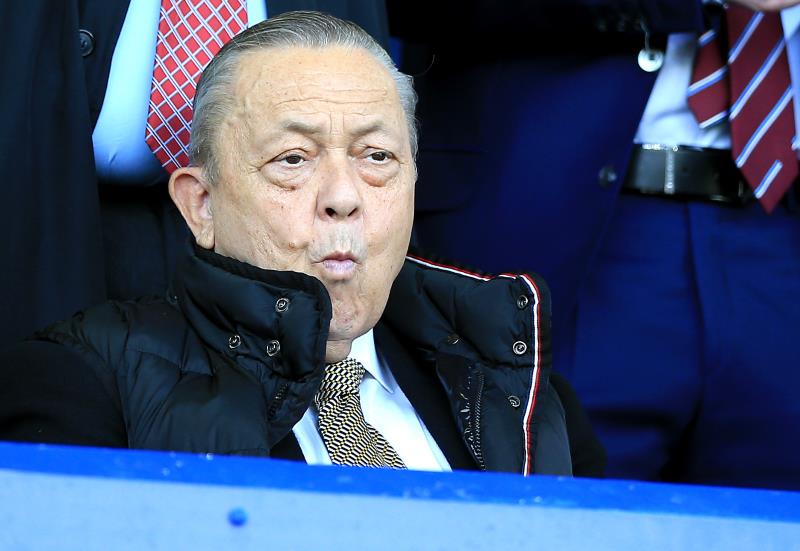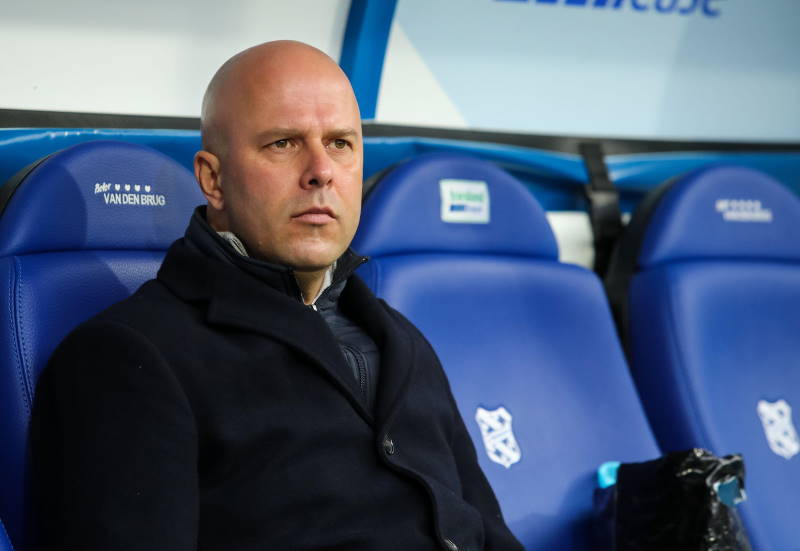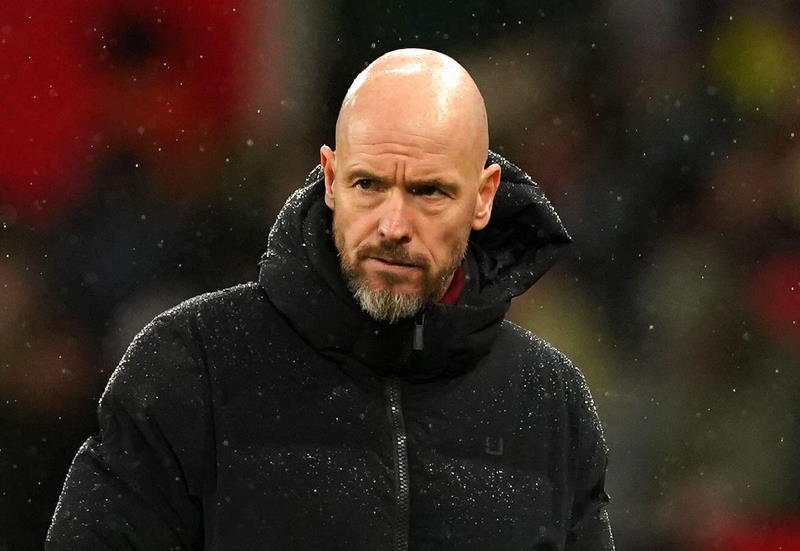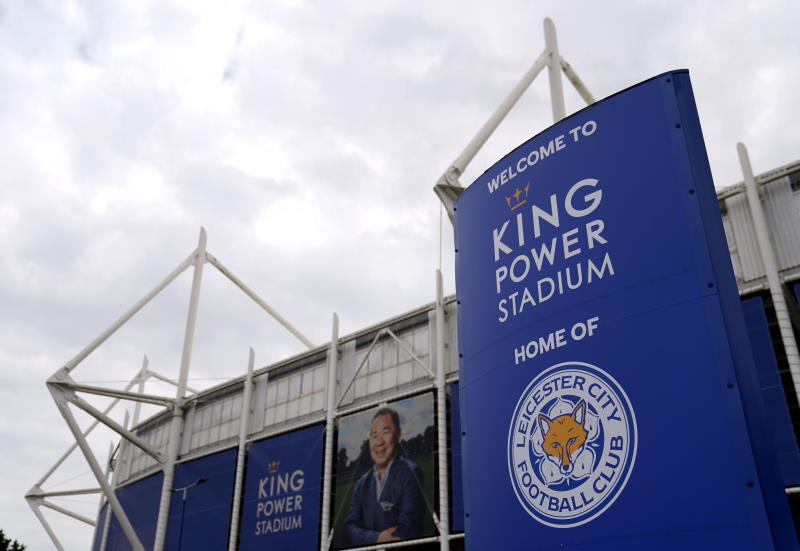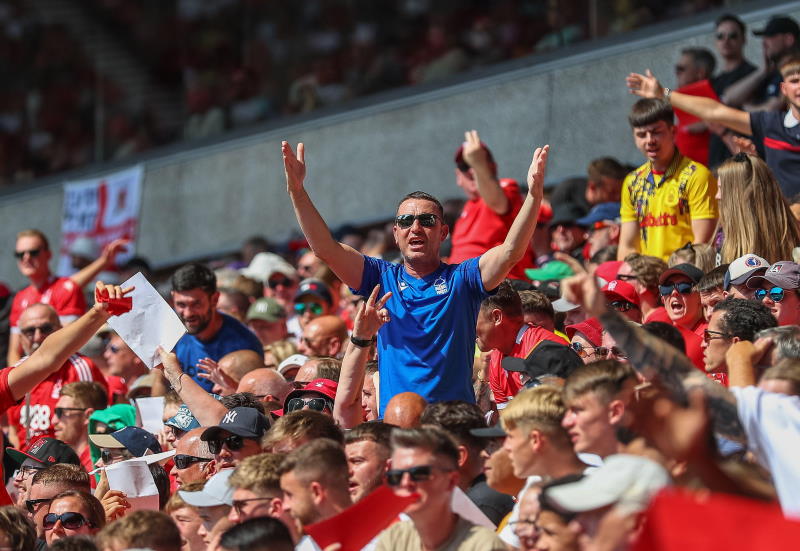
Amos Annan
It is with much anticipation that the eyes of the footballing world turn towards Africa once again for this year’s African Cup of Nations, which takes place from 21st January to 12th February. One fact which is sure to keep audiences guessing is that defending champions Egypt, after winning the last three tournaments, failed to qualify for this year’s edition and as such, there will most definitely be a new champion crowned.
No doubt each qualified country will want to be vying for a place in the final in Gabon, but with the glaring absences of the usual powerhouses Nigeria, Egypt, South Africa and Cameroon, this may be the cue for the so-called minnows to stand up and be noticed.
Inside Futbol preview the 2012 African Cup of Nations group by group:
Group A – Equatorial Guinea, Libya, Senegal, Zambia
Equatorial Guinea are one of lowest ranked teams in this year’s tournament, and despite being co-hosts, may find themselves out of the competition after the first round of matches. With this being their first appearance at the finals combined with the fact that they only appointed current Brazilian coach Gilson Paulo on the 2nd of this month following the resignation of their previous coach, their task is made even more difficult. The squad mostly boasts several naturalised Spanish players, with the key man likely to be 34-year-old striker and captain Rodolfo Bodipo who plays for Deportivo La Coruna and former Real Madrid winger Javier Balboa. An appearance in the quarter-finals may be the best the Nzalang Nacional can hope for, but the home crowd could also prove to be a driving force for the team if they are to progress further in the competition.
The Mediterranean Knights of Libya, despite the political upheaval in their country, managed to qualify for the tournament for only the third time in their history. Captain and key player Samir Aboud, together with head coach Marcos Paqueta will be hoping that the team can continue an unbeaten run in the qualifiers which enabled them to qualify as one of the two best second-placed teams. But with Libya’s qualification group containing fairly weaker sides in Mozambique and Comoros, they face a much tougher task against the Senegalese and Zambians, and would likely content themselves with a third place finish.
The Teranga Lions of Senegal have arguably one of the most exciting attacks at the African Cup of Nations. Boasting the likes of Newcastle United’s Demba Ba together with new signing Papiss Demba Cisse, and Lille’s top marksman Moussa Sow, the Lions are looking to stake a claim for the trophy following disappointing showings in recent tournaments. This is a new generation desperate to emulate the exploits of their predecessors, who made it all the way to the quarter-finals of the 2002 World Cup. With captain Mamadou Niang adding experience to an already star-studded attack, coach Amara Traore does have his work cut-out to find the right blend of players to get the required results. Also, following their strong qualifying campaign, in which the only points dropped came in a draw away at Cameroon, many have labelled the Lions dark horses for the competition and consequently, it is expected they should certainly make it all the way to the semi-finals, barring any unforeseen surprises.
Gabon will be remembered as the site of the plane crash which killed a golden generation of Zambian footballers, thus, the return of Zambia nearly a decade later could again highlight the rise of the country’s football. The Copper Bullets have only enhanced their reputation in recent strong showings in the competition, having qualified for the knockout stages in Angola 2010. Head coach Herve Renard, with few standout players, is looking to get the best out of his team and get past the quarter-finals.
Group B – Ivory Coast, Sudan, Burkina Faso, Angola
Undoubtedly one of the strongest teams on the continent in recent times, the Elephants of Ivory Coast are looking to go one better and win the competition this time around. From defence to attack, there is an abundance of talent including Kolo Toure, Emmanuel Eboue, Cheick Tiote, Yaya Toure, Gervinho, Seydou Doumbia, Salomon Kalou and their captain Didier Drogba. The Elephants have however struggled to fill their goalkeeping position with a top shot-stopper, but an impressive qualifying campaign saw the country as the only team with a 100 per cent record, and speaks volumes for the capabilities of this team. There is still a lot of work ahead, and coach Francois Zahoui must undoubtedly do his utmost to ensure that the team reach the final.
After more than three decades in which qualification for the continent’s premier competition has eluded them, the Falcons of Jedaine, as Sudan are known, will hope that they can make a name for themselves as one of Africa’s best in Gabon and Equatorial Guinea. A strong qualifying campaign saw them finish second in their group behind Ghana, the only country they dropped points to. Captained by Haitham Mustafa and with Mohamed Abdallah managing affairs from the dugout, the Falcons could end up fighting for second place in the group with Angola or Burkina Faso.
Much will depend on experienced strikers Flavio and Manucho, as well as veteran defender and captain Kali, if the Palancas Negras of Angola are to make it to the past the group stage of the competition. Admirable showings in the last two editions of the African Cup of Nations saw the country crash out in the quarter-finals, and a similar fate is expected this time around. They will, however face stiff competition from Burkina Faso and Sudan – something head coach Lito Vidigal will need to think about as the Ivory Coast may prove too strong for the other members of the group.
The Stallions of Burkina Faso come into the competition as outsiders, and apart from a fourth-placed finish on home soil in 1998, they have failed to qualify from the group stage in recent editions. However, in a group where three of the four teams are fairly evenly-matched, the Burkinabe may be able to cause a few problems and perhaps go as far as the quarter-finals. Paulo Duarte, their Portuguese coach, has a lot of work to do to improve upon their performance in 2010’s African Cup of Nations and will be looking to key players such as strikers Alain Traore and Abdou Traore, as well as defender Bacary Kone and former Hamburg midfielder Jonathan Pitroipa to lead the pack.
Group C – Gabon, Niger, Morocco, Tunisia
Gabon, the other co-hosts of the competition, have the backing of the home support as they aim to at least replicate the form that enabled them to make it to the quarter-finals in 1994. German coach Gernot Rohr and the Panthers’ most popular player Daniel Cousin, who has played for Rangers and Lens, can lead the team to an unlikely knockout stages berth. Group C promises to be one of the more unpredictable groups of the competition with less than impressive performances from Morocco and Tunisia in the qualifying stages.
Niger were probably the surprise package of the qualification rounds after managing to finish first ahead of South Africa and Egypt. Coach Harouna Doula Gabde will look to orchestrate similar performances in order to ensure qualification to the knockout round. Striker Ouwo Moussa Maazou is the standout player of the Menas. Also, this being their maiden appearance in the competition, there will generally be low expectations for this team, but they may be able to cause a few problems here and there.
Morocco versus Tunisia is most definitely one of the mouth-watering ties of the round, pitting the North African rivals against each other. The eventual teams to qualify out of the group could also be decided by these same two sides. Morocco will be the favourites to win this group due to the quality of their assembled squad. The Atlas Lions have in their ranks such players as Arsenal’s Maruoane Chamakh, QPR’s Adel Taarabt, Mehdi Benatia of Udinese, and captain Houssine Kharja of Fiorentina, and will look to get their act together to improve on a fairly good qualifying campaign. In the dugout Belgian Eric Gerets, who has a rich CV, having coached Marseille, PSV Eindhoven and Wolfsburg is no doubt fully capable of taking this team through to the quarter-finals.
The Carthage Eagles of Tunisia have fewer foreign-based players compared to Morocco, but they may have more of a team mentality and could rival Morocco for first place in the group. Coached by Sami Trabelsi and with Hannover defender Karim Haggui to call upon, the side may be able to achieve at least progression into the second round of the competition. But, with a below expectations qualifying campaign, the 2004 winners may be the more likely of the North Africans to slip up and fail to make it to the next round.
Group D – Ghana, Botswana, Mali, Guinea
The final group features the second favourites to win the competition, the Black Stars of Ghana. Following their exploits at the 2010 World Cup where they made it as far the quarter-finals, many have tipped them to make at least the final. Although the runners-up of the last edition have lost midfielders Michael Essien and Kevin-Prince Boateng to injury and retirement respectively, they are suitably replaced by the likes of Agyemang Badu of Udinese and Anthony Annan. Experienced stars Sulley Muntari and striker Asamoah Gyan will be ever-present while Marseille duo Andre and Jordan Ayew will also look to provide some youth to the squad. Having last won the competition about thirty years ago, the Black Stars will be hoping that Serbian coach Goran Stevanovic can take them all the way this time around.
The Eagles of Mali only just about qualified for the African Cup of Nations as they finished level with Cape Verde on nine points apiece. That is an indication of how much of a struggle it was for them to achieve qualification, leading many to doubt their chances in this year’s tournament. Without Frederic Kanoute, their task is made ever harder, but they can rely on experienced Barcelona midfielder Seydou Keita, former Real Madrid man Mahamadou Diarra and Sochaux striker Modibo Maiga to help in their efforts to qualify for the knockout round. Coach Alain Giresse will no doubt work hard to ensure that they reach the expected quarter-finals.
In recent African Cup of Nations’ finals, Guinea have proved to be one of the more consistent sides by making it to quarters on three consecutive occasions, the last edition being the exception. The Syli National or National Elephants pipped Nigeria to a place in the finals, and thus have shown how dangerous they can be. Head coach Michel Dussuyer and key player Ismael Bangoura will be looking to at least make it to the quarter-finals again together with Ghana.
The Zebras of Botswana are at their first ever African Cup of Nations, and they qualified in style by topping a group including Tunisia and Togo. It was no doubt a team effort that got the Zebras into the finals and they will be looking to keep it that way with a squad made up of mostly players who ply their trade locally. Key player Dipsy Selolwane and coach Stanley Tshosane have the unenviable task of ensuring that the team is not made the whipping boys in the group. A good performance from the players and any points collected would be welcome for the Zebras.
For the three week duration of the African Cup of Nations, the world will be served with some of the most sumptuous football on the continent with such ties as Senegal vs Zambia (21st January), Ivory Coast vs Angola (30th January) and Morocco vs Tunisia (23rd January.
With so few of the big guns of African football making it to the finals, it is expected that either Ivory Coast or Ghana will take advantage of this and be the most likely to make it to the final and be crowned eventual winners to end their respective trophy droughts. However, the likes of Senegal, Tunisia, Morocco and Zambia may well spoil the party. Angola, and either Mali or Guinea could be the other two sides to make it to the knockout stages.
In all, this tournament promises much and come the final at the Stade d’Angondjem in Gabon, a new country will be crowned champions of Africa.
Read more:
2012 African Cup of Nations: Players to Watch
2012 African Cup of Nations: Group Games to Watch
2012 African Cup of Nations: Best Betting Tips

